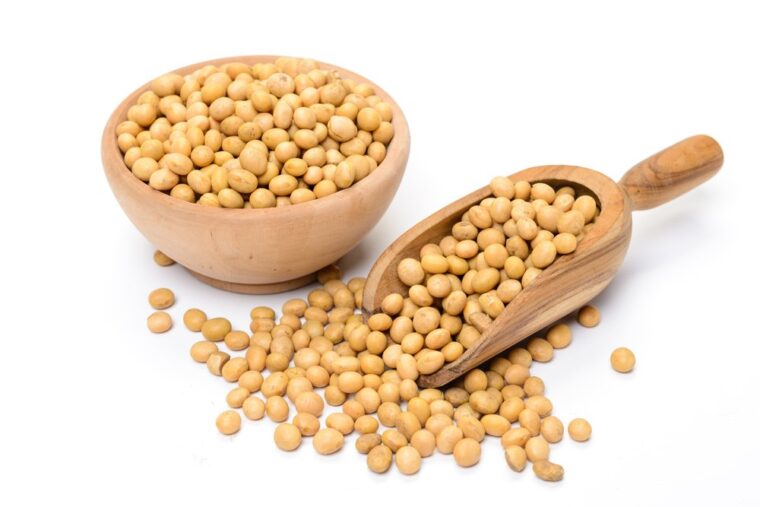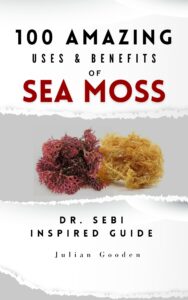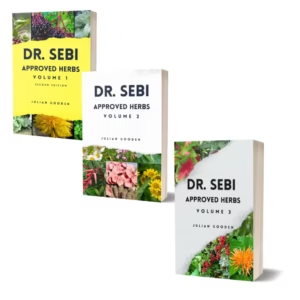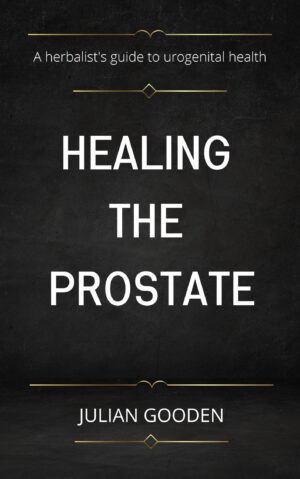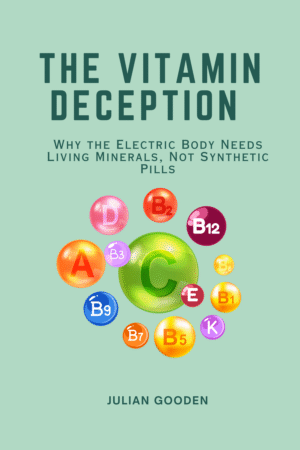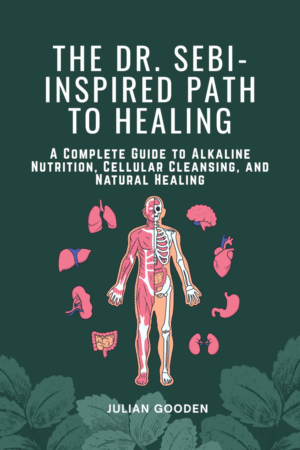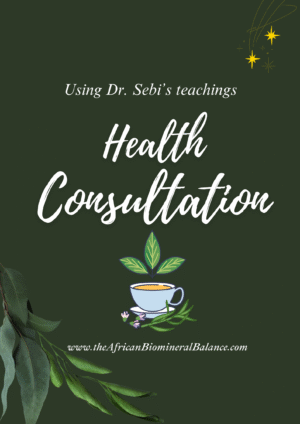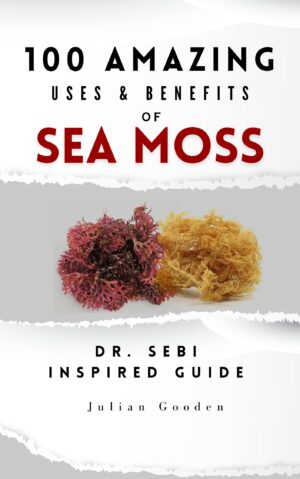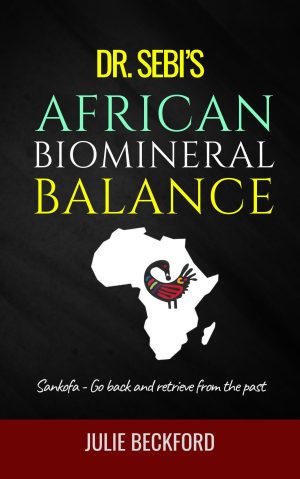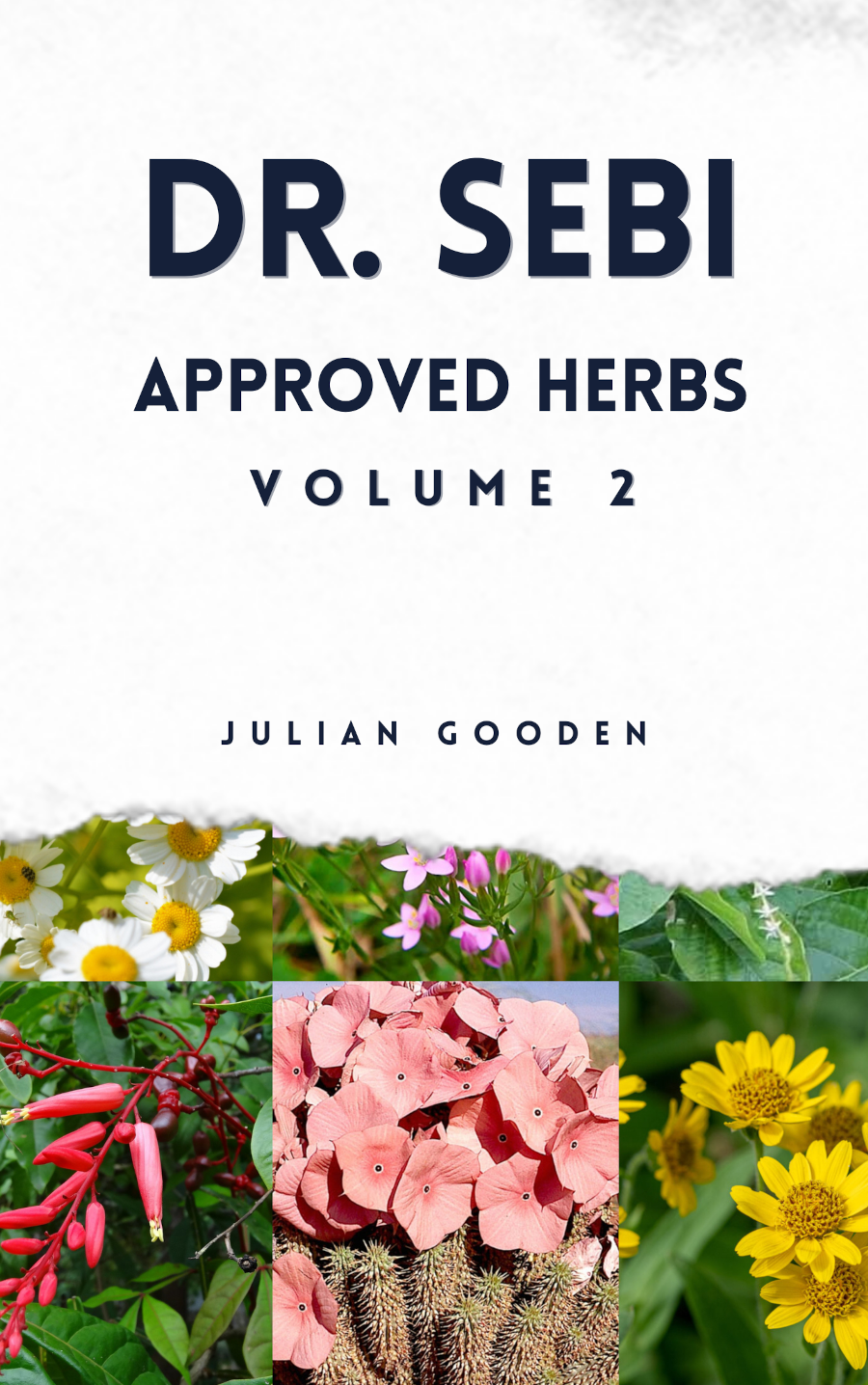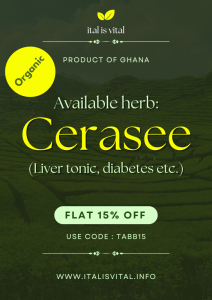Soy has long been promoted as a miracle food—high in “protein”, plant-based, and a staple in vegetarian diets. From soy milk to tofu, soy has found its way into almost everything.
But not everyone is convinced it’s as healthy as advertised.
Let’s look closer at what soy really is, how it’s made, and why Dr. Sebi said it has no place in an alkaline lifestyle.
What Is Soy?
Soy comes from the soybean, a legume native to East Asia. It’s processed into a wide variety of products, including:
- Tofu
- Soy milk
- Soy protein isolate
- Tempeh
- Edamame
- Soy flour
- Meat substitutes (like veggie burgers and fake meats)
It’s also hidden in countless processed foods, appearing as soy lecithin, soy oil, and “vegetable protein” in ingredient lists.
At first glance, soy seems like a great plant-based option. But when we dig deeper—especially through the lens of Dr. Sebi’s teachings—we see a very different picture.
Why Dr. Sebi Rejected Soy
Dr. Sebi rejected soy for several key reasons:
It’s hybrid, unnatural, acidic, mucus-forming, and toxic.
1. Soy is a Hybrid Plant
Dr. Sebi stressed that hybrid foods—those created by crossing two different plant species—lack natural integrity. He believed the body struggles to recognize and process these foods, which leads to cellular confusion and toxicity.
Soybeans, particularly the modern varieties grown today, are heavily modified and hybridized. Many were designed to resist pesticides, grow faster, and produce higher yields—not to nourish the human body.
Dr. Sebi believed true nourishment comes from wild, indigenous, alkaline plants—not lab-created hybrids.
2. Soy Is Highly Processed and Acid-Forming
To turn raw soybeans into soy milk, tofu, or “protein” powder, they must go through heavy processing that involves:
- Soaking and boiling
- Chemical solvents (like hexane)
- Heat treatments
- Fermentation (for products like tempeh)
This alters the structure of the food, stripping away life force and leaving behind a substance the body can’t properly utilize. Dr. Sebi taught that acid-forming foods create mucus, which clogs the body and leads to disease.
Soy, in his view, doesn’t give life—it takes energy to digest and eliminate.
3. Soy Contains Estrogen-Like Compounds
Soy is rich in phytoestrogens—plant chemicals that mimic human estrogen. Though marketed as harmless, these compounds can interfere with hormonal balance, especially when consumed in large quantities.
Dr. Sebi did not speak highly of hormone-altering substances. He believed that interfering with the natural balance of the body disrupts the endocrine system, leading to conditions such as:
- Reproductive issues
- Early puberty
- Fibroids and cysts
- Hormonal acne
- Mood imbalances
He favored plants that restore balance, not those that artificially manipulate it.
4. Soy Is Used to Make Plastic, Paint & Ink
Yes, you read that right.
Beyond the food industry, soy is widely used in industrial manufacturing. Soybean oil is used in:
- Plastics
- Paints
- Inks
- Adhesives
If a substance is flexible enough to be shaped into industrial products, should it really be considered food?
Dr. Sebi often pointed out that just because something grows doesn’t make it natural or edible. His emphasis was always on foods that are electrically alive, cell-friendly, and mineral-rich. Soy failed all these criteria.
But Isn’t Fermented Soy Okay?
Some argue that fermented soy—like tempeh, miso, or natto—is healthier and more digestible. While fermentation may reduce some of soy’s negative effects, Dr. Sebi still excluded it from his nutritional guide.
For him, it wasn’t just about digestibility. It was about electric value and the plant’s original, unmodified nature. Soy—fermented or not—simply didn’t belong in the natural order of alkaline foods.
Better Alternatives to Soy
If you’re plant-based there are plenty of Dr. Sebi-approved, alkaline alternatives, such as:
- Hemp seeds and hemp milk
- Walnut milk
- Chickpeas (garbanzo beans)
- Quinoa
- Amaranth
These are non-hybrid, mineral-rich, and supportive of cellular health—unlike soy.
Final Thoughts: Just Because It’s Popular Doesn’t Make It Right
Soy has become a staple in plant-based diets, but its popularity doesn’t make it safe—or natural. From its hybrid origin to its industrial uses, soy is far from the healing food it’s claimed to be.
Dr. Sebi’s advice was simple: Eat food that feeds your cells. Eat food that’s natural, electric, and mineral-rich.
Soy, as he noted, does the opposite.


